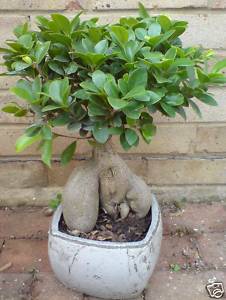Lawn care, gardening
Today's Article comes from www.yardcare.com and refers to the question of Watering your Lawn. Some good advice, and well worth reading. terry
Tips for Watering Your Lawn
Hot summer months can do a number on a lush, green lawn. To maintain the healthy lawn you've worked so hard to grow this spring, be savvy with your watering regimen and watch your grass thrive.
Balance is Key
Don't assume during a warm spell that the more water you soak into your lawn the healthier it will be. Depending on the soil type, a lawn can use about one or two inches of water per week. To measure how much your grass is getting, put a few graduated cups or cans in the sprinkling area to see how much water is collected. Run your sprinkler or irrigation system for 15 minutes, then measure the water in the cans. Multiply that number by four to get the average total for one hour of watering time. This exercise will also let you know which areas your sprinkling system is missing.
A good rule of thumb: It is better to water for shorter periods of time, more often
Keep the soil consistently moist but not wet. This ensures that your grass gets a study supply of moisture without wasting water.
Timing is Everything
* Don't water at night - water can sit on the lawn and may cause disease.
* Don't water at midday - you'll loose the most water to evaporation at this time.
* Do water early in the morning - evaporation is minimized and the lawn utilizes the most water.
Trust a Timer
Installing an automatic timer on your sprinkler or irrigation system will ensure that you don't accidentally leave it running and over-soak your grass. It can give you peace of mind to know that you won't be wasting water if you forget to turn the sprinkler off, and the grass will benefit indefinitely from regular and efficient waterings. Timers are great for conserving water; just be sure yours doesn't water when it is pouring rain. Consider installing a rain sensor if you have an irrigation system.
Cool it on the Chemicals
Applying too many chemicals on your lawn could kill more than weeds. Organic lawns require less water then chemically treated ones, especially in hot weather. Try using a mulching mower and leaving your clippings on the lawn when you mow. This returns valuable nutrients to the soil and helps retain moisture.
Terry Blackburn. Internet Marketing Consultant, living in South Shields in the North-East of England. Author and Producer of blog http://www.lawnsurgeon.blogspot.com Author of "Your Perfect Lawn," a 90 Page eBook devoted to Lawn Preparation, Lawn Care and Maintenance. Find it at http://www.lawnsurgeon.com
I would be very interested to have your comments on this Article.
Article Source: http://www.yardcare.com
lawn care, gardening

No comments:
Post a Comment